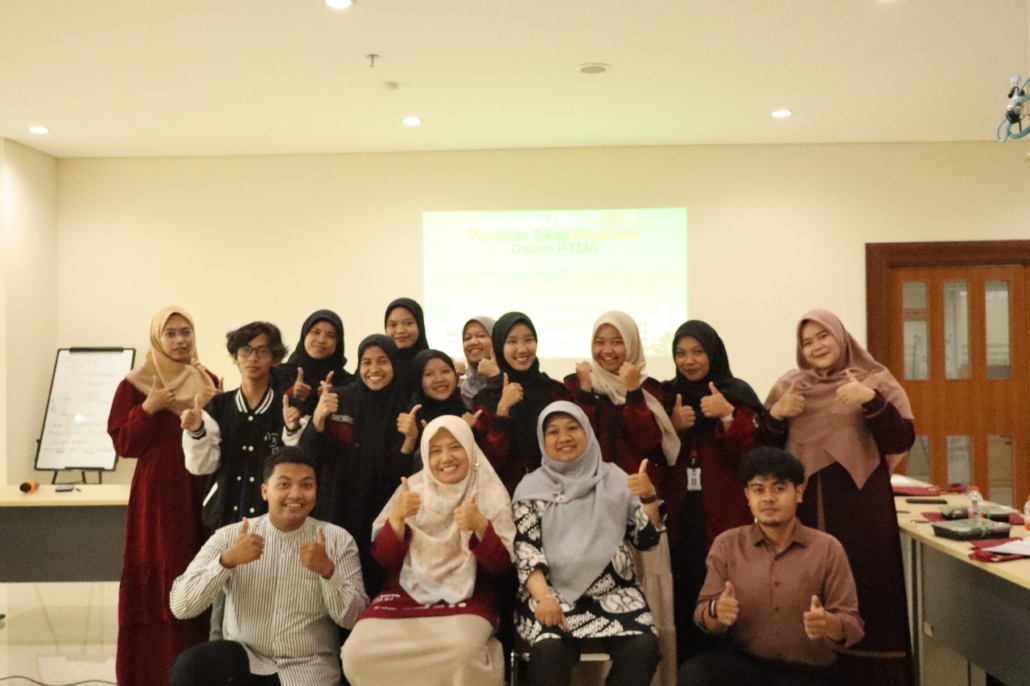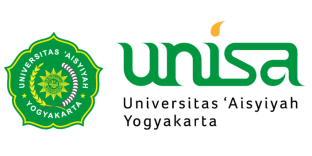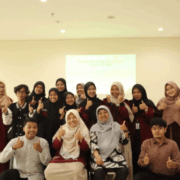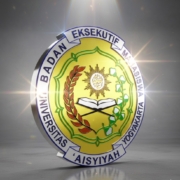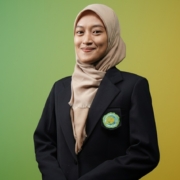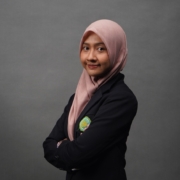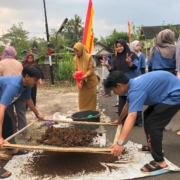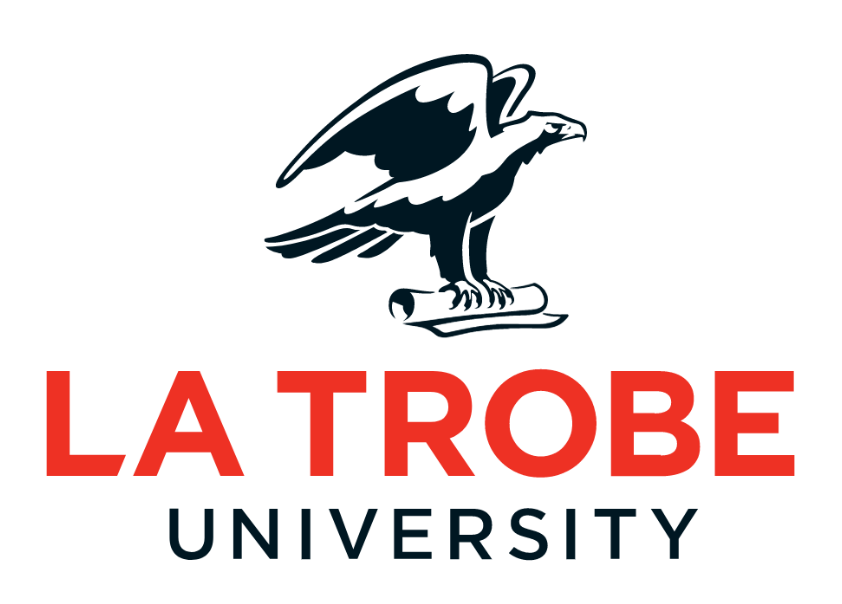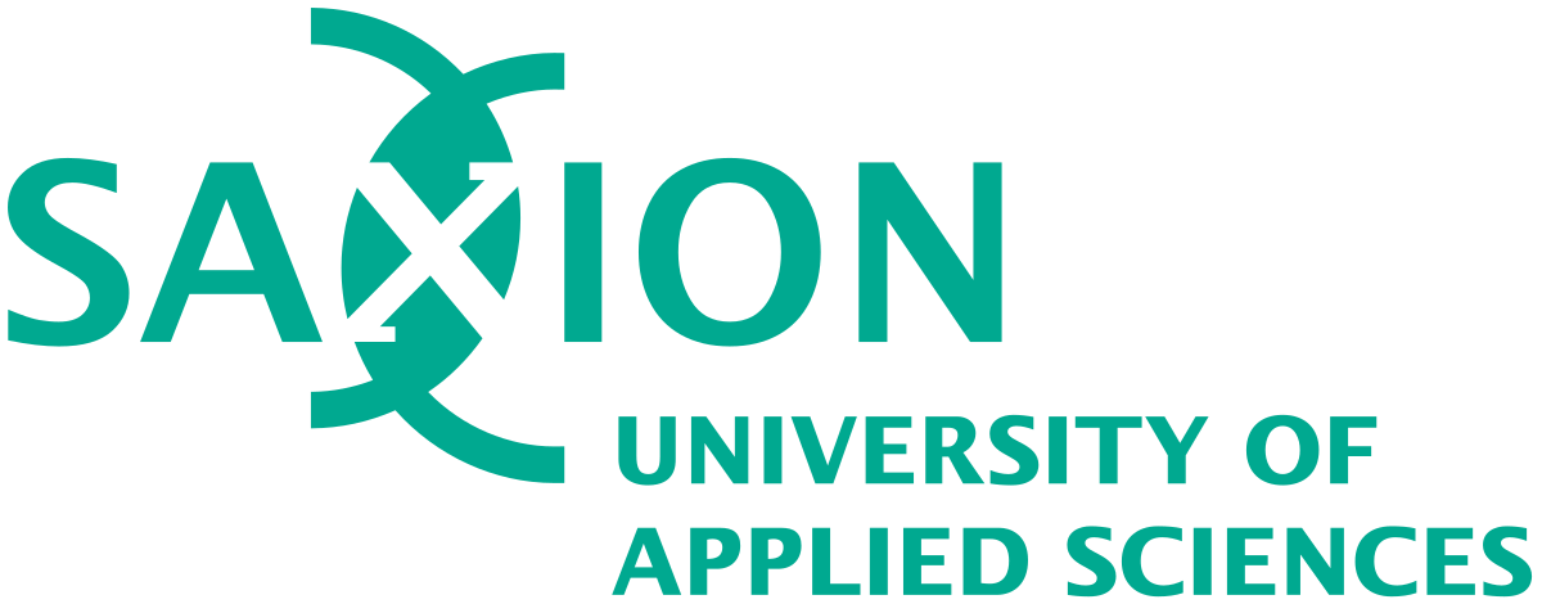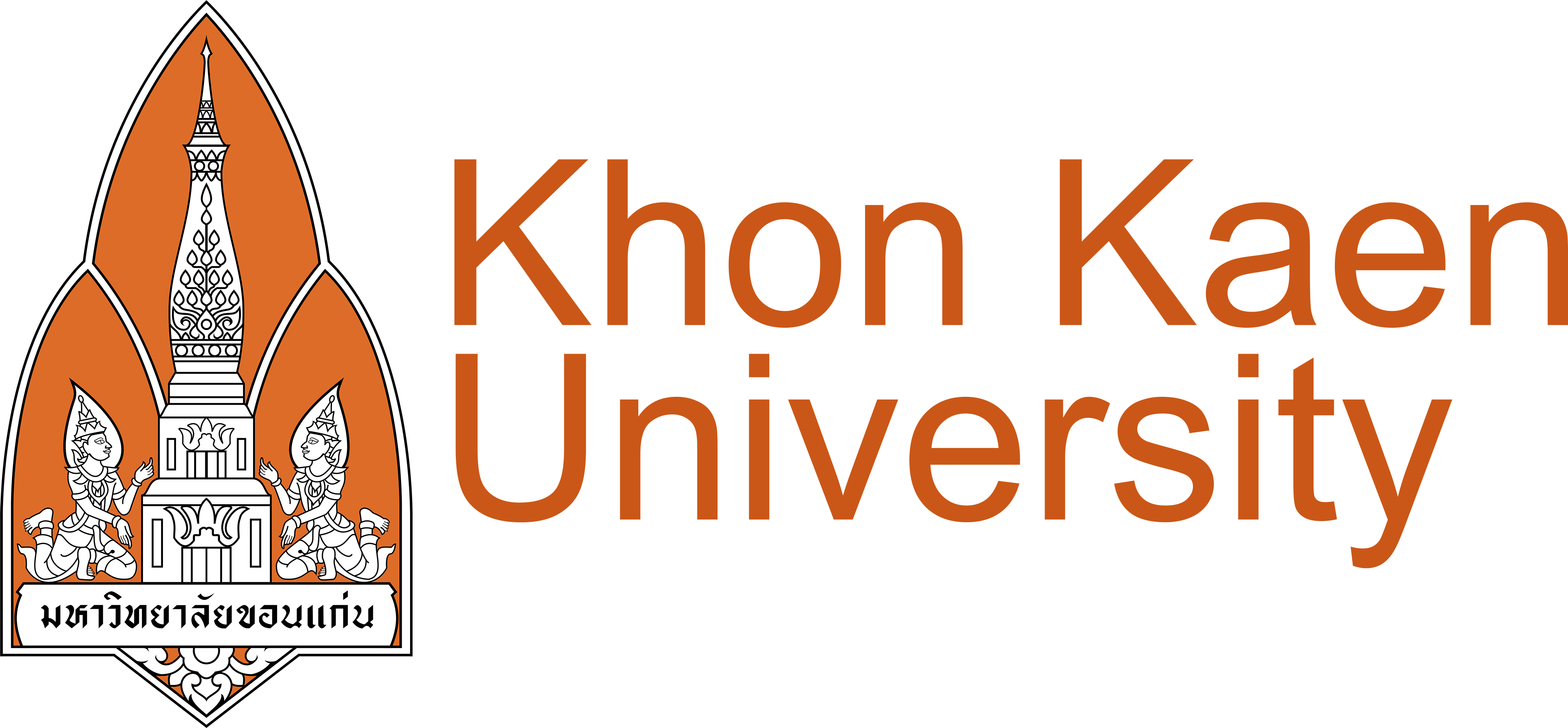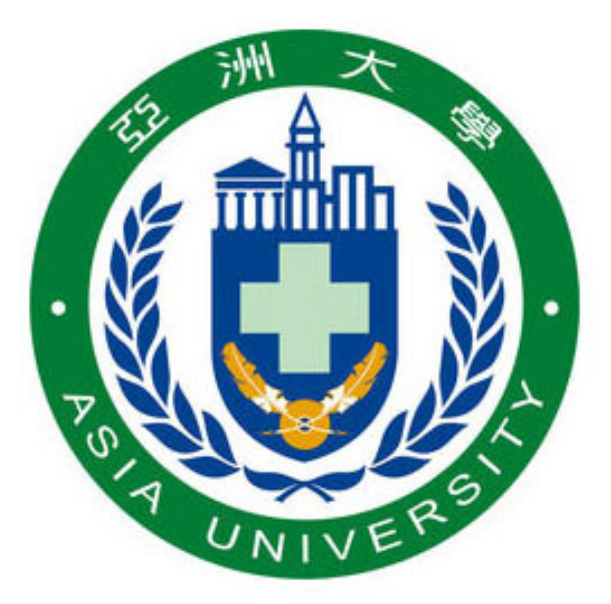Universitas Aisyiyah (UNISA) Yogyakarta has once again demonstrated its commitment to creating an inclusive campus environment that is fair and open to all. Through collaboration between lecturers and students, UNISA Yogyakarta held a training session entitled “Testing the Effectiveness of Gender Disability Social Inclusion (GEDSI) Assessment” on Thursday (August 28, 2025).
This activity specifically targeted future leaders, namely 14 cadres from the Muhammadiyah Student Association (IMM) from three commissariats representing the Faculty of Health Sciences (FIKES), the Faculty of Medicine (FK), the Faculty of Economics, Social Sciences and Humanities (FEISHum), and the Faculty of Science and Technology (FST). The aim was to equip IMM cadres as extensions of the association to understand and advocate for issues of gender equality, disability rights, and inclusive social culture.
The training opened with an enlightening session led by Dr. Siti Khotimah, SST., Ft., M.Fis. She emphasized that disability is not merely a medical issue, but a social phenomenon.
“IMM, as a student organization, is trusted to spread the values of tolerance and equality, and must be able to support students with disabilities so that they are more confident in voicing their needs,” explained Khotim.
The next session was led by Dr. Islamiyatur Rokhmah, M.S.I., who thoroughly explored the fundamental differences between sex (biological) and gender (social construct). She also discussed various forms of gender inequality and practical strategies for creating a culture of inclusion in the surrounding environment.
To test their understanding, participants not only took pre-tests and post-tests, but also actively participated in Focus Group Discussions (FGDs). In these group discussions, cadres interactively discussed real case studies on gender and social inclusion issues. This activity is expected to be the first step in creating agents of change who are ready to build a more welcoming and equitable UNISA Yogyakarta campus for all.
